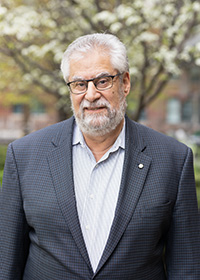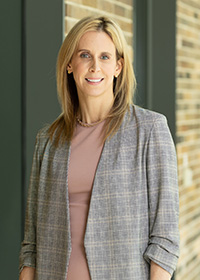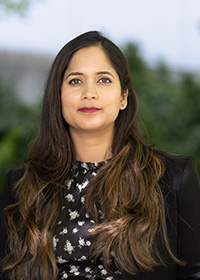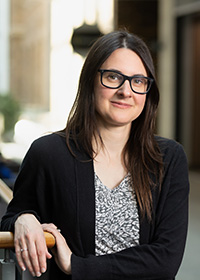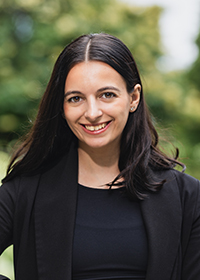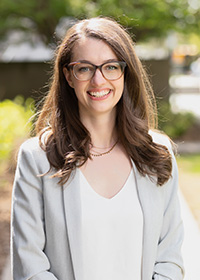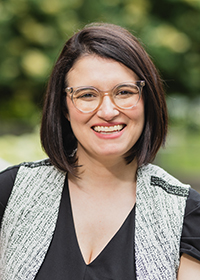Medicine by Design’s team includes regenerative medicine leaders who provide leadership and governance; strategic advisors who advise on a range of topics, including our scientific priorities, translation and commercialization; and staff who support day-to-day operations.
On this page:
Executive Leadership Team
Medicine by Design’s Executive Leadership Team includes leading experts in regenerative medicine at the University of Toronto and its affiliated hospitals.
Gary Bader
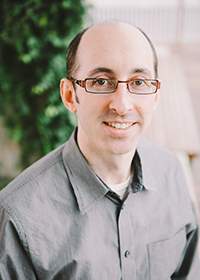
Shiri Breznitz
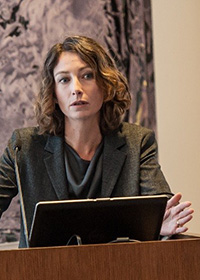
Elmar Jaeckel
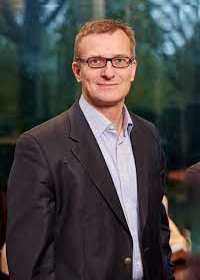
Michael Laflamme
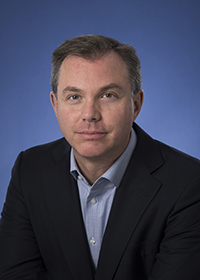
Alison McGuigan
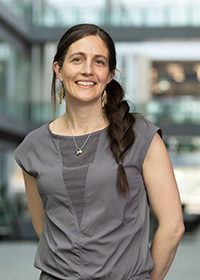
Juan Carlos Zúñiga-Pflücker
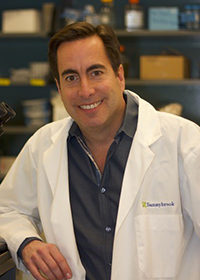
Governance
Medicine by Design’s governance model provides oversight by the University of Toronto and its affiliated hospitals. It also promotes interaction with other leading centres in regenerative medicine, facilitates peer review and maintains a transparent process for mobilizing resources rapidly, efficiently and effectively.
Executive Committee
Medicine by Design is governed by an Executive Committee made up of senior academic and research leaders from U of T and affiliated hospitals. It meets twice a year and is responsible for providing strategic direction to the executive director and Medicine by Design team, financial oversight of the initiative and institutional approval of award funding decisions. Members of the Executive Committee include U of T’s vice-president, research & innovation, and strategic initiatives; the deans of partner faculties; and the vice-presidents of research of partner hospitals.
Scientific Advisory Board
James Collins
Professor, Institute for Medical Engineering and Science and Department of Biological Engineering, Massachusetts Institute of Technology
Darrell Irvine
Professor, Biological Engineering, Massachusetts Institute of Technology
Marlene Rabinovitch
Dwight and Vera Dunlevie Professor of Pediatric Cardiology, Stanford University School of Medicine
Lee Rubin
Professor, Stem Cell and Regenerative Biology, Harvard University
Michael Rudnicki
Senior Scientist and Director, Regenerative Medicine, Ottawa Hospital Research Institute
Hans-Willem Snoeck
Professor, Medicine and Microbiology & Immunology, Columbia University College of Physicians and Surgeons
Gordana Vunjak-Novakovic
Professor, Biomedical Engineering and Medicine, Columbia University
Strategic Advisors
Gordon Keller
Senior Scientist, Princess Margaret Cancer Centre
Director, Research Institute, McEwen Stem Cell Institute
Janet Rossant
Chief of Research Emeritus and Senior Scientist at The Hospital for Sick Children
President and Scientific Director, Gairdner Foundation
Thomas Waddell
Thoracic Surgeon, Ajmera Transplant Centre, University Health Network, and Professor, Thoracic Surgery, University of Toronto
Administrative Staff
Entrepreneur-in-Residence Program
The Entrepreneur-in-Residence (EIR) Program supports Medicine by Design’s commitment to accelerating its discoveries towards new therapies, products and scalable companies. At full scale, the program will consist of a cadre of highly experienced individuals with a proven track record in starting and growing new science-based ventures based on Medicine by Design-funded research discoveries.
The EIR program provides Medicine by Design’s research teams with critical business planning, entrepreneurial perspective, early-stage product and venture development expertise and connections to the venture capital community as a resource for enabling productization and venture creation.
Rafi Hofstein
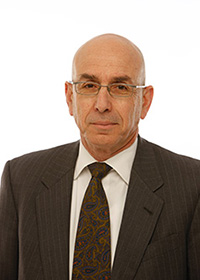
Strategic Advisor
Thomas Digby
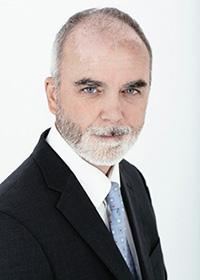
Strategic Advisor
Andrew Haller
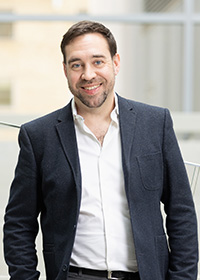
Past Entrepreneur-in-Residence
(2021-2023)

